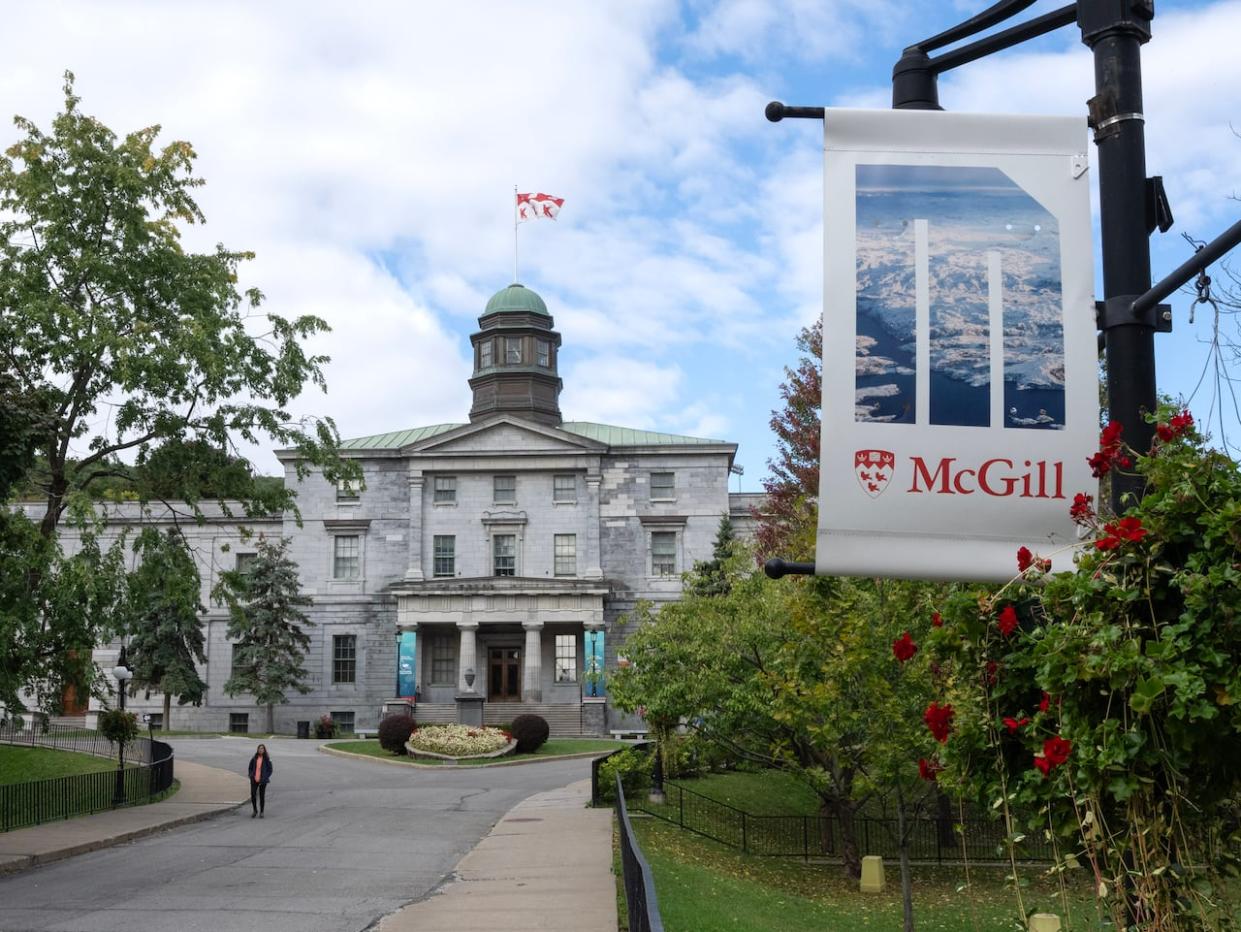Quebec's English universities table government counter-offer on tuition hikes

English universities in Quebec are presenting a new counter-offer to the provincial government in hopes to change its plan to hike tuition costs next fall.
The Coalition Avenir Québec government would raise tuition for out-of-province students to nearly $17,000 in the new academic year. The government says the extra funds coming in — estimated to be about $110 million a year — would be redistributed across French-language institutions to bolster French. International student fees would rise even higher.
The proposal from McGill, Concordia and Bishop's universities is a revised version of the plan presented last month including mandatory French second-language courses to help counter the decline of French in the province. But the universities say the government did not respond to their offer.
The institutions would like to see a tiered tuition system instead — with tuition costing $9,000 for arts and science, $14,000 for engineering and $20,000 for medicine, dentistry and law. These prices would stay competitive with other programs in the country, said Fabrice Labeau, deputy provost at McGill University.
The French-language courses and work opportunities are still part of the offer.
The universities are also asking the government to push the hikes to 2025 and respect consultation processes.
"The tuition hikes will hurt the economy and … will deprive Quebec of an important pool of young talent as we're facing a labour shortage," said McGill principal Deep Saini at a news conference Saturday.
The three institutions have said they are already facing big drops in enrolment, and both Concordia and McGill have implemented hiring freezes to reduce expenses. Saini said these drops in enrolment could represent $94 million in yearly losses for McGill, about 10 per cent of its operational budget.
"Our goal is to bring the best students from Canada and the world to Quebec, achieve our francization goal and incite students to integrate into Quebec's society and workforce," said Saini.
Sonia Noury, a political science student at McGill from Ontario, said she could not have afforded to study at McGill with the proposed tuition fees and is upset for prospective students.
"McGill was my dream school, and I wouldn't have been able to afford to come here, and that is such a hard thing to come to terms with," she said.
Quebec Premier François Legault said Friday that "it's important to me to keep McGill in Quebec," and Saini says he hopes that means the premier will be open to negotiating with universities.

